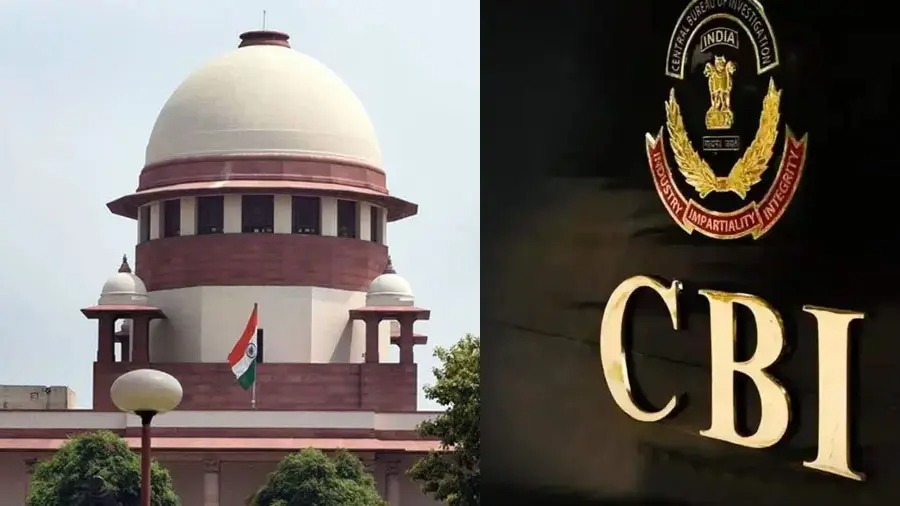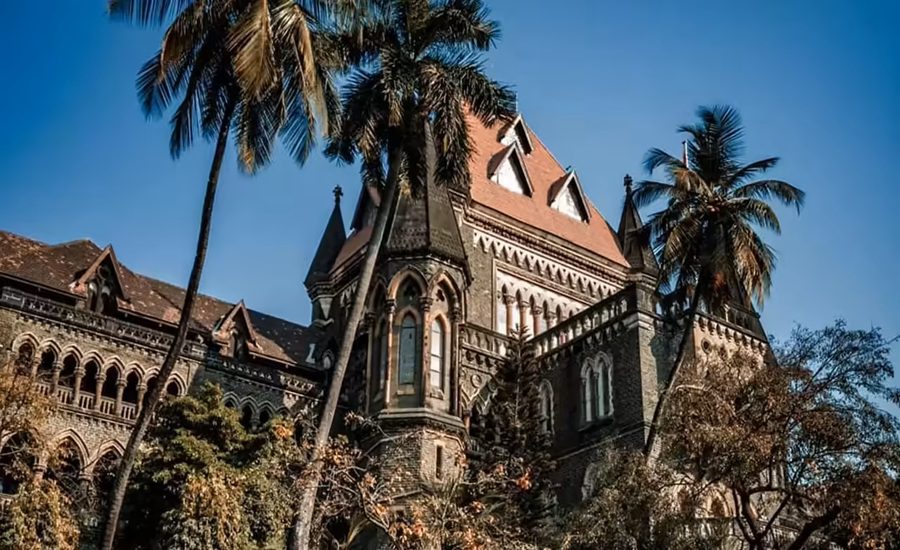G.N. Ray, J.@mdashThis writ petition is directed against an adjudication made by the Bhagchas Officer u/s 16(A) of the West Bengal Land Reforms Act allowing the application for bhag produce made by the respondent no. 4, Sri Biren Prodhan. The said adjudication was also upheld on appeal by the appellate authority. It is very strongly contended by the learned counsel appearing for the petitioner in support of this writ petition that the Bhagchas Officer and the appellate authority have acted beyond their jurisdiction in considering the validity of the registered istafanama given by the applicant, Amulya Bera to the erstwhile landlord disclaiming his right to cultivate in bhag and surrendering the right of bhag cultivation. The learned counsel strongly contended that the Bhagchas Officer in the matter of deciding the case of non-delivery of bhag produce, as urged by an applicant on the footing that he is a bhagchasi, cannot question the legality and validity of a registered document, namely, Istafanama, and by that process usurp the jurisdiction of a civil court.
2. In my view, such contention is not sustainable and should be rejected. The Bhagchas Officer is within his rights to decide as to whether or not in a particular year the applicant cultivated the land as a bhagchasi and if for such finding a registered Istafnama is required to be considered for the purpose of finding whether such registered Istafanama was acted upon by the parties by their conduct, the Bhagchas Officer is quite competent to go into such question.
3. It may be noted in this connection that neither the Bhagchas Officer nor the appellate authority has considered whether the registered Istafanama is illegal, invalid, or vitiated by fraud or coercion. The only finding made by the Bhahchas Officer and the appellate authority is that although there is a registered Istafanama, but from the evidence it transpires that such registered Istafanama was not acted upon by the parties and the applicant cultivated the land as a bhagchasi. Such finding has been made on the basis of evidence adduced by the applicant by examining four witnesses.
4. In the circumstances, no interference is called for by the Writ Court against the concurrent findings made by the Bhagchas Officer and the appellate authority. The writ petition therefore fails and the Rule is dicharged.
There will be no order as to costs.

